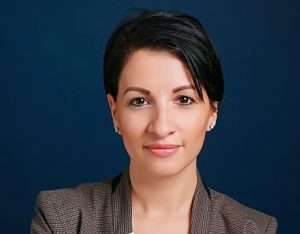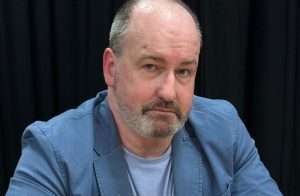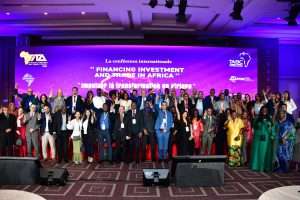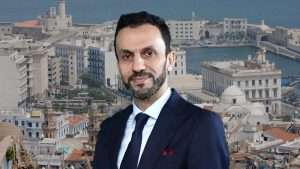Andrew Hammond: Davos needs to build trust

The World Economic Forum has long been perceived by critics as an exclusive club for the global elite. It may, therefore, seem ironic to some that the theme of this week’s conference is “Cooperation in a Fragmented World.”
Critics of the WEF will point to the fact that, according to the organization’s own Global Risks Report 2023 published last week, the biggest perceived risks include income disparity — for the first time since 2013 in the aftermath of the global financial crisis.
It is noteworthy, then, that with Davos hosting one of the largest concentrations of billionaires in the world, that another study by Oxfam released on Monday said almost two-thirds of all new wealth created between December 2019 and December 2021 went to the top 1 percent.
“Although billionaire fortunes have fallen slightly since their peak in 2021, they remain trillions of dollars higher than before the pandemic,” the report said.
“This crisis-driven bonanza for the super-rich has come on top of many years of dramatically growing fortunes at the top, and growing wealth inequality.”
In the face of these stark realities, there is a clear need for the Davos elite to do more to shape solutions to the world’s most pressing challenges so as to bolster cooperation in a fragmented world.
However, few among the skeptics believe these elites will deliver on this, nor promote a sustainable recovery in the post-pandemic world.
In part, this is because of the low trust many populations hold in their governments. Yet, while trust continues to weaken, some surveys simultaneously point to a rebound in perceptions of business on measures including competence and ethics.
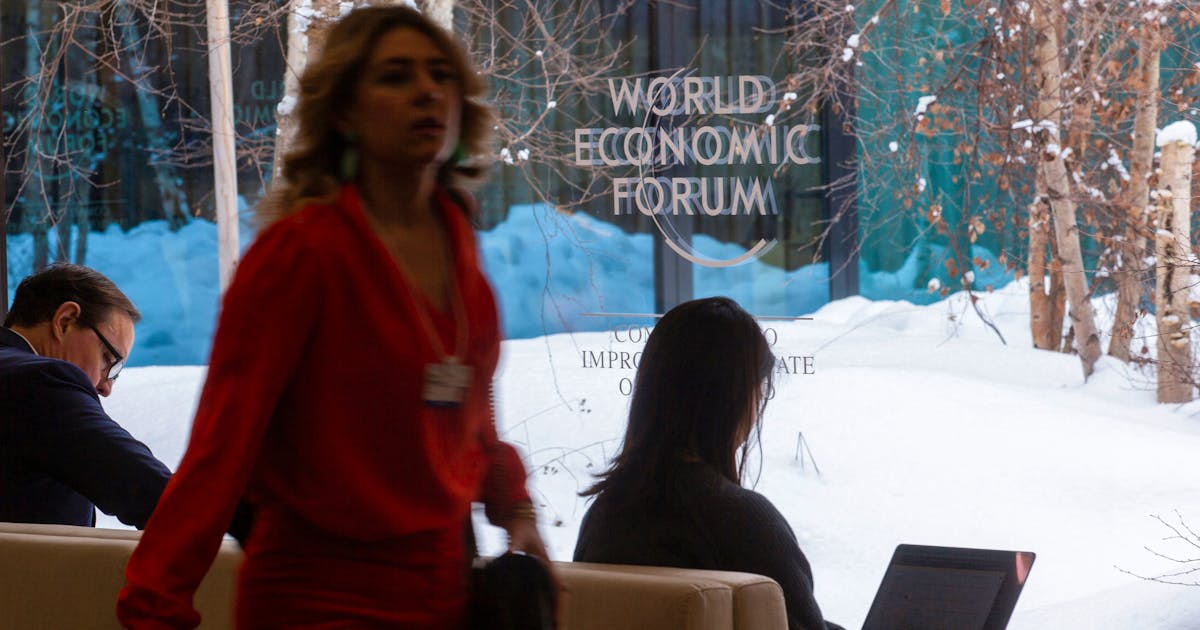
This trend is interesting, as the opposite phenomenon — declining confidence in banks and corporations, especially among the youth — was one of the key legacies of the 2008 global financial crisis. That prior trend of growing distrust in business was shown not just in opinion polls, but also by the significant protests since then. This included the Occupy movement, which came to global prominence in 2011 for its campaign against social and economic inequality.
The Occupy protests, often driven by younger people, spread to around 1,000 cities in more than 80 countries.
One manifestation of this rising tide of distrust was an undermining of belief in what many private institutions said and did.
This posed new hurdles for firms looking for ways to reconnect with the public, especially in a world where there had already been a backlash against the private sector on issues such as executive pay and globalization.
Many businesses have sought to rebuild trust since then through tried and tested techniques, like creating good new jobs and investing in the economy, while paying workers fair wages and benefits.
Some of this may now be paying off in terms of public opinion.
While there has been mounting distrust in business, many people expect the private sector to play a far greater role in society to tackle issues including climate change and obesity.
Firms have long had sustainability, social responsibility, and philanthropic programs to address such issues.
However, the challenge — and potentially the opportunity — is greater now, giving rise to what is seen as a new way for firms to secure competitive advantage by creating “shared value” for society as well as shareholders.
Perhaps the key idea behind this shared value concept, which will be prominent at WEF this week, is that corporate competitiveness and the health of society at large are mutually dependent and reinforcing.
Capitalizing on the connections between societal and economic progress, including tackling challenges like climate change, can help drive growth for years to come.
Taken together, the innovation that many businesses have shown in the last decade and a half in reconnecting with society may contain wider insights for the WEF mission of promoting cooperation in a fragmented world.
This is not just an academic exercise, for the challenges facing the world in the wake of the pandemic will best be addressed by greater cohesion and trust right across the private, public and third sectors in a massive, integrated recovery effort.
Andrew Hammond is an associate at LSE IDEAS (the Centre for International Affairs, Diplomacy and Strategy) at the London School of Economics and Political Science. This article originally appeared in ArabNews
Want to chase the pulse of North Africa?
Subscribe to receive our FREE weekly PDF magazine




